406. 3 Steps to Radical Transparency for Strata Committees
Podcast: Play in new window | Download
Subscribe: RSS

Links mentioned:
- Get the transcript here!
- Episode 142. Your access to my latest live QandA
- Episode 158. Your access to my latest live QandA
- Episode 180. It’s strata QandA time: LIVE from Town Hall House
- Episode 211. Stray animals, storage space rental, strata bullies and more – my live answers to your questions
- Schedule 2 | Meeting Procedures of Strata Committees | Strata Schemes Management Act 2015


Interesting podcast.
Interesting because we, my OC, do the three things, maybe two and half because we don’t get regular reports, yet we still lack transparency.
The loss of transparency comes from the lack of detail in the agenda, the phrasing of the motions that hide personal agenda, mostly the introduction of motions and the making of decisions during general business.
The podcast was nice at an introductory level but if we go deeper we need to appreciate a number of layers beneath the surface.
The agenda needs to be detailed; what does detailed mean, what is the test for an agenda item? Personally I peddle out a paragraph from Devereaux Holdings Pty Ltd v Pelsart Resources NL (No 2) (1985) 9 ACLR 956*.
The meeting is confined to the agenda. Here I peddle out correspondence from Rob Stowe when Commish of FT.
General business is not a licence to bring up anything and everything not on the agenda or that just came up in some piece of correspondence. Again I have Rob Stowe (FT) says so.
Arguably the most important thing is the owners control the SC via the veto of Sch 2 cl 9(3). Do not for a second think that what goes on at a SC meeting is beyond the control of the owners; it isn’t. See something dubious on the SC agenda then feel free to try to veto it.
Perhaps going into the layers is information overload for plebs who struggle to just hold a meeting, perhaps the layers are useful to make a presentation run longer, perhaps the layers are the gold on the inside that gives that truly radical transparency we are looking for.
Nice introductory level presentation.
*The test is to ask whether the information, if provided to an ordinary shareholder who scanned or read the document quickly, not as a lawyer, but as an ordinary person in commerce or as an ordinary investor, would fully and fairly inform and instruct the shareholder about the matter on which he or she would have to vote: Devereaux Holdings Pty Ltd v Pelsart Resources NL (No 2) (1985) 9 ACLR 956.